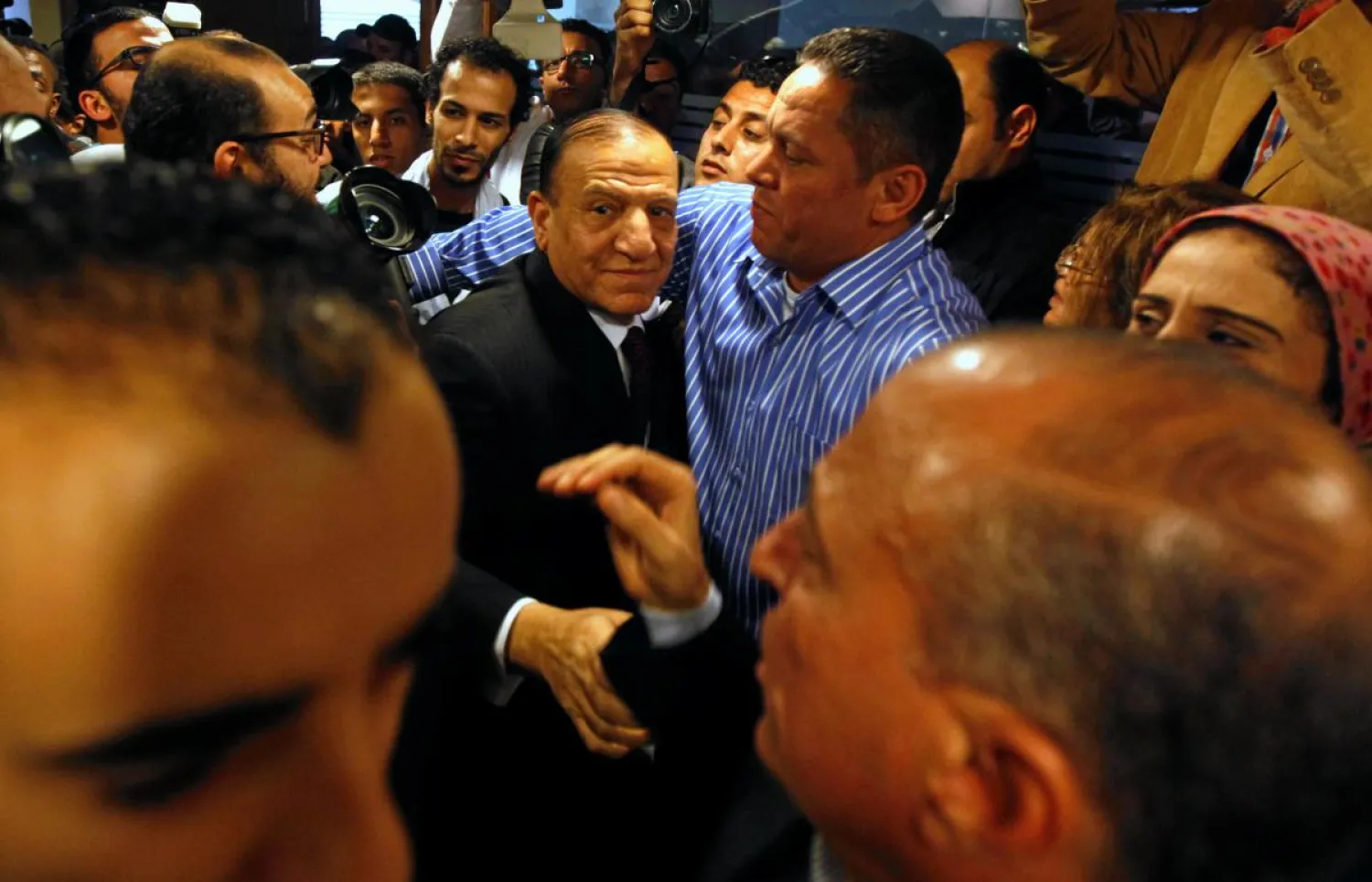The Egyptian military dashed on Tuesday the hopes of former Armed Forces commander Sami Anan of running in the March presidential elections after he was summoned for investigation over three infractions.
He is being questioned for announcing his candidacy without the approval of the Armed Forces, fueling incitement against them and forging official documents linked to his nomination.
In wake of his summons, Anan’s campaign announced that it was “indefinitely” suspending its activity.
Sources close to his team told Asharq Al-Awsat that the former military chief “is in detention and his fate will be determined after the investigation is complete.”
Egypt’s military prosecutor meanwhile barred all media from reporting on the case.
Tuesday’s military statement said Anan would be questioned on charges of forging documents relevant to the formal end of his active service, breaching army regulations by declaring his intention to run without first clearing it with the military and inciting against the armed forces in his comments to the nation when he declared his intention to run for president earlier this month.
“The Armed Forces could not allow itself to ignore the blatant legal violations committed by the aforementioned which constituted a gross breach of the rules and regulations governing the service of armed forces officers," it added.
Political analyst Abdullah al-Sinawi told Asharq Al-Awsat that Anan’s disqualification from the presidential race had been predicted from the start, regardless of the way in which he was removed from the competition.
Commenting on the military statement’s ruling that members of the Armed Forces could not run for president without prior approval, he said: “The irony is that Anan himself had introduced this rule.”
Anan, 70, had announced his candidacy on Friday, saying that he is determined to run in the elections to “save Egypt from wrong policies.” He had also called on the civil and military institutions to stand at an equal distance from all candidates.
Sinawi said that Anan’s departure leaves the elections without a strong competitor to run against President Abdul Fattah al-Sisi, who is seeking re-election.
“We are now left with a form of referendum over the sole candidate, which will have major political repercussions on Egypt,” he remarked.









